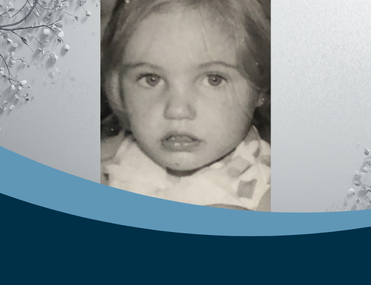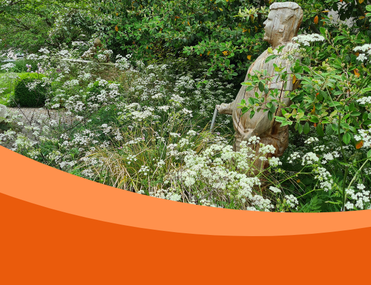The UK Health Security Agency (UKHSA) is implementing changes to the routine childhood vaccination schedule, effective from the 1 July.
Dr Tom Nutt, our chief executive, commented: “Change can sometimes feel unsettling, but we have to recognise that the changes to the childhood vaccine programme have been recommended on the basis of the best scientific and medical evidence reviewed by the government’s experts, the Joint Committee for Vaccination and Immunisation or JCVI.
“At Meningitis Now, we will keep a close eye on the impact of these changes and speak up if we are concerned that they are having a negative impact. But more positively, we also recognise – and celebrate – that this change is a reflection of the success of the MenC vaccination programme and the fact that the successful uptake of the MenACWY vaccine amongst teenagers is creating the herd immunity that is needed to protect people of all ages and generations.
Our hope is that everyone who is eligible for vaccines takes them up, so that more people are protected against meningitis as well as other diseases we know are on the rise in Britain.”
Details of the changes
The MenB vaccine, previously offered at 2, 4 and 12 months of age, will be offered at 2, 3 and 12 months of age. By providing the second dose of MenB one month earlier, it is hoped that it will provide better protection to babies at a younger age.
Hib/MenC vaccine will be discontinued.
- This vaccine is no longer being manufactured. A booster of Hib is still considered necessary in the second year of life to prevent transmission in the community and maintain herd immunity. A dose of a Hib containing vaccine will be offered at 18mths instead (this will also boost protection against other infections such as polio and whooping cough).
- A vaccine containing MenC is no longer required in early childhood. This is due to the success of MenC vaccine programmes and the herd immunity which the MenACWY vaccine provides in the adolescent programme. Giving the MenACWY vaccine to teenagers reduces carriage of MenACWY bacteria and helps to protect the rest of the community.
- Pneumococcal vaccine (PCV 13) – the first dose of the pneumococcal vaccine will move from 3 to 4 months of age. This is to make way in the 3 month appointment to provide the second dose of MenB a month earlier.
- Measles mumps and rubella (MMR) – the second dose of MMR will be given earlier at 18 months, instead of 3 years and 4 months. This is hoped to increase the update of the second dose of MMR.
These changes will come into effect for all newborn babies and babies who have not had their 12-week vaccinations by the 1st of July 2025.



